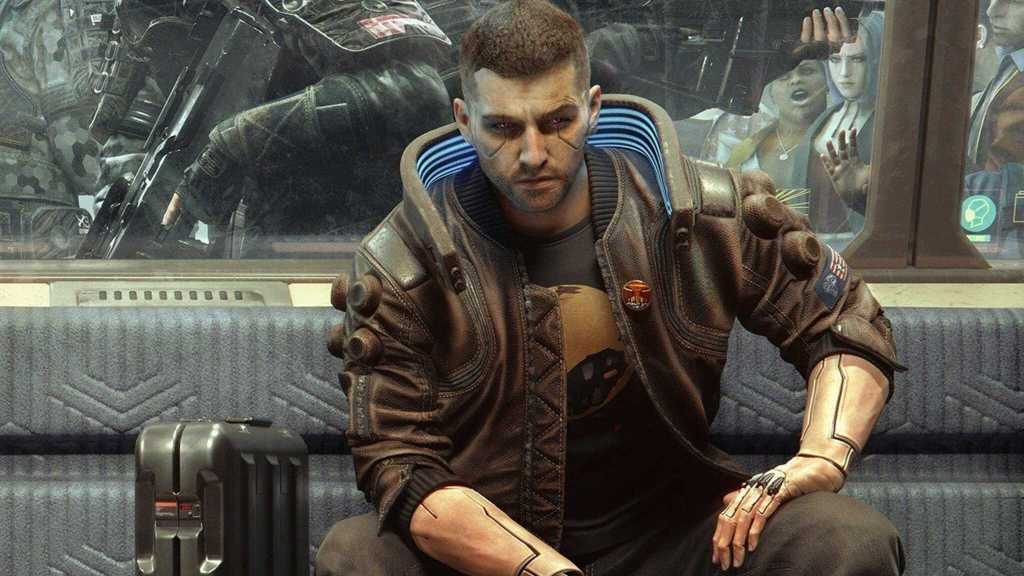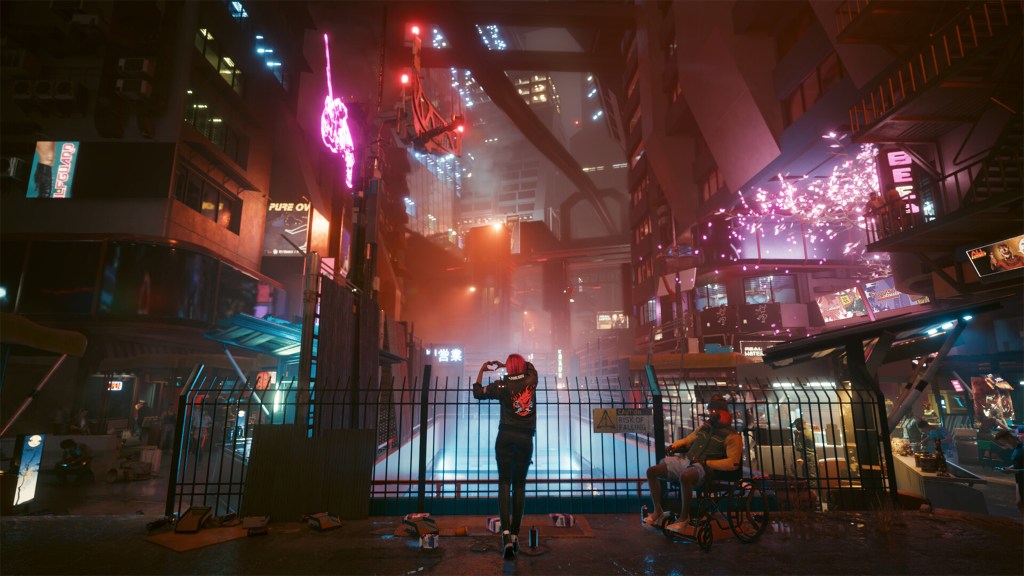For many dwellers within the gaming space, the very mention of Cyberpunk 2077 represents one of the most ambitious visions ever attempted in modern gaming. Impressive trailers and hilariously expensive promotional campaigns built up massive hype and anticipation, but when the game finally arrived in December 2020, the reality hit home hard for many in the space. The well was poisoned. The initial experience was plagued by horrific performance and numerous bugs, particularly on last-generation consoles, and what should have been a triumphant launch instead became one of the most infamous beginnings in all of gaming history.
Videos by ComicBook.com
Even so, developer CD Projekt Red never gave up on Cyberpunk 2077. Through numerous patches and updates, including the major 2.0 overhaul debuting with its Phantom Liberty expansion, many of the game’s most egregious problems were directly addressed. Cyberpunk 2077 is much closer to what was originally promised, and its reviews are far more telling of the game’s current state. But for millions of players, even to this day, that disappointment was just too great. The game still suffers from it, leaving it scarred by its launch and setting the stage for a long and perilous redemption arc.
The Launch Disaster and Early Fallout

Cyberpunk 2077 is one of the most infamous examples of what can happen when uncontrolled hype and development challenges collide on one global stage. Released on December 10, 2020, the game arrived after nearly a decade of anticipation. Fans had already seen several trailers and promotional material promising a sprawling open-world RPG that pushed the limits of what a sci-fi first-person RPG could really be. Naturally, expectations were set astronomically high. Unfortunately, the reality for many players was far from what had been promised.
Cyberpunk 2077 was a disaster right from the onset. From minor visual glitches to game-breaking crashes, broken quests, and even loss of player progress, the game suffered a horrendous amount of problems that no title should ever have if it expects to be sold. The performance problems were so critical that major retailers pulled the game from their digital storefronts, which, to be clear, is incredibly damaging to potential sales, indicating the severity of the title’s myriad of problems. All worlds within the gaming space were vocal in their disappointment, and the backlash was intense.
Arguably even worse, CD Projekt Red put a review embargo in place for Cyberpunk 2077 that heavily restricted what could be talked about publicly, leading many in the industry to question their intentions. In hindsight, it became clear that the developer knew the game was in an incredibly poor state. This led to even more backlash, and even some early promoters of the title to apologize publicly for misleading consumers. In just a few days, the positive reputation that CD Projekt RED had built up for years with the success of The Witcher series was severely tested and outright shattered.
The damage was not limited to the game itself. The launch put CD Projekt Red under an intense spotlight, leading to scrutiny over crunch culture and unrealistic development timelines. Key members of the development team faced immense pressure and public criticism. By the end of the first week, millions of players had either returned to the game or decided to wait and see if CD Projekt Red could fix the numerous issues that had plagued the launch. While the developer eventually did make significant improvements, for many, those improvements came too late.
Clawing Out A Deep Hole

The months and years following Cyberpunk 2077’s disastrous launch were a period of recovery for both the game and CD Projekt Red. The company committed to fixing the game with a series of patches and updates that addressed the title’s most condemning technical problems, and many of the outstanding gameplay elements that simply were not present on launch. By 2021, the game was finally playable in a state that was much more closely aligned with the original vision advertised to the public.
The release of Cyberpunk 2077: Edgerunners, an anime series produced in collaboration with Studio Trigger, played a major role in giving the newly revived game a spotlight. The series was widely praised for its incredibly faithful representation of the Cyberpunk universe. It introduced a new audience to Night City and reminded former players of what made the setting compelling in the first place. The renewed interest helped encourage some gamers to return, to try the game a second or even a third time. Word of mouth also helped bring the game back into public relevance.
The game also underwent a major overhaul with the 2.0 update, which majorly rebalanced gameplay, expanded customization, and enhanced mechanics like combat, cyberware, and roleplaying systems. These updates were seen in an extremely positive light. So much so that critics and fans began to reevaluate the title, some even calling it a potential Game of All Time contender. While that ship had already sailed, this positive reception is exactly what Cyberpunk 2077 needed to dig out of the massive hole CD Projekt RED initially created for it to lie in.
The Current State and the Challenge of Rebuilding Faith

Today, Cyberpunk 2077 is widely regarded by many as a solid immersive RPG worthy enough of your time and money. On PC and next-generation consoles, the game runs smoothly, along with many compelling character arcs and a rich city environment you’d be hard-pressed to find anywhere else. The addition of the Phantom Liberty expansion dramatically improved the base game so much that, despite having a separate price tag, many see it as a must-buy for anyone interested in playing the base game. The quality-of-life improvements and ongoing patches have transformed Night City into a playground for players willing to invest time. Reviews now often highlight the game’s strengths, but rarely harp on longer than a spell on any potential pitfalls the game still has.
Unfortunately, despite all the improvements, a significant portion of the gaming community never bothered to give Cyberpunk 2077 a second look. Often, the first impression is the only impression for many people, and that launch-era disappointment created lasting hesitation. For some, the five-year gap since release means it may never be worth revisiting. The public perception of Cyberpunk 2077 as a failed launch remains ingrained, and even now, new players must actively consider the game’s legacy with its current quality. This is a mark that will never fade away. No matter how much a developer improves a product later, recovering from a deeply flawed launch can be almost as difficult as creating the game itself.
Even now, CD Projekt Red continues to work on rebuilding trust and creating content that reflects the potential of the Cyberpunk universe. A sequel is on the way, being quietly developed in the background rather than spotlighted years before any potential release: a sign that a lesson has been learned. The story of Cyberpunk 2077 serves as a cautionary tale for the gaming industry, accurately showcasing the consequences of overpromising and underdelivering, along with the possibilities of redemption. The game is fantastic to play now, but the curse of its launch will forever remain part of its history.









